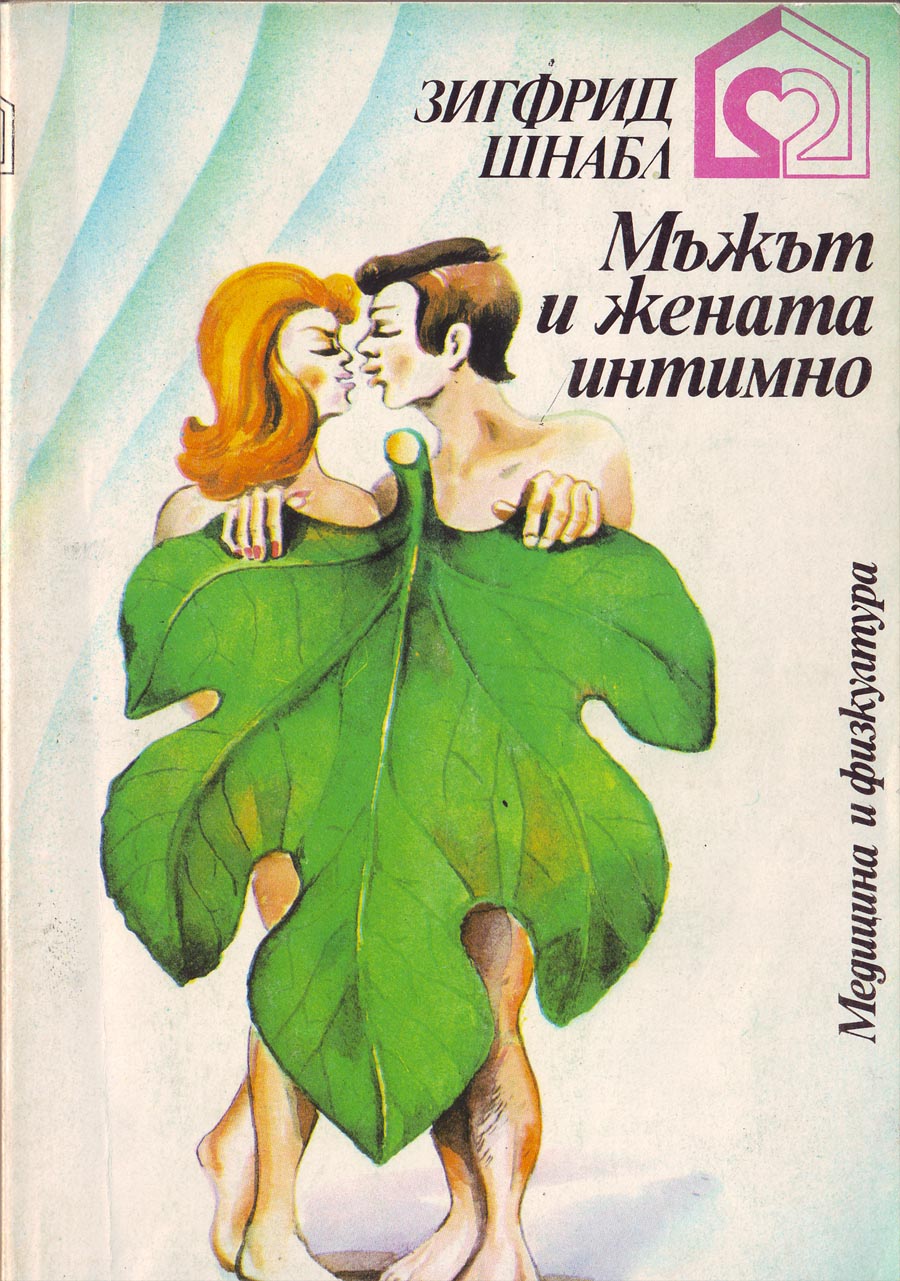“Eastern European studies professor Ghodsee (Lost in Transition: Ethnographies of Everyday Life After Communism) expands her viral New York Times op-ed into a passionate but reasoned feminist socialist manifesto for the 21st century. Drawing lessons from the history of women’s experiences under mid-20th-century state socialism and then under the capitalism that followed its collapse, she argues that “unregulated capitalism is bad for women, and if we adopt some ideas from socialism, women will have better lives.” Ghodsee devotes the most space to sexuality, arguing that in societies that have economic equality by gender, reproductive freedom, and social safety nets, women are freer to pursue their own desires. She also posits that the depression caused by living in a sexist society can squash heterosexual couples’ libido and male-female emotional connection, supporting this idea with data from studies of women in East and West Germany, Hungary, and Poland. And she delves into the benefits of full participation of women in the work force, especially in the public sector, supported by childcare and freedom from “statistical discrimination”; visible presence of women at top levels of government and business; and women’s participation in the political sphere. Pointing to successes not only in Communist countries but also in Scandinavian social democracies, Ghodsee’s treatise will be of interest to women becoming disillusioned with the capitalism under which they were raised.”
A wonderful experience at the Brooklyn Book Festival
This was my first real public, non-academic event. I was very nervous, but it was a great experience to share the stage with such a group of amazing and inspiring writers and to be generously introduced by Brad Lander.
Thanks to Jean Bookishthoughts!
So delighted to be included in her September 2018 book haul.
Another blurb, this time from journalist Daisy Buchanan
“This book is funny, angry and urgent – it’s going to make readers think very differently about how they work, and how they live. Ghodsee is going to start a revolution. I’m already making a placard”
Summer into fall...
This is the perfect image to capture the early days of September when summer is still hanging on, but the world seems to be hankering for fall.
The Sound of Productivity
I've been typing away these days, using my electric Smith Corona because my wrists have been acting up again. I love the sound of the carriage return on this machine, because it punctuates the fact that I have written another line of text. The return key on a keyboard just isn't as satisfying....
A lovely blurb from the journalist Kate Arnoff
“A quietly damning indictment of the Lean In approach to women’s empowerment through the corporate boardroom. Ghodsee makes a compelling case for a more expansive understanding of feminism, where remaking the economy is central. A necessary reminder that today’s socialism should be as much about pleasure as it is about power and production.”
UK Galley has arrived...
...and it looks great!
Glorious Summer in Maine!
Maine is one of the few places that actually lives up to your expectations of it. The rocky coastline is a long way from the Bavarian Alps, but no less stunning.



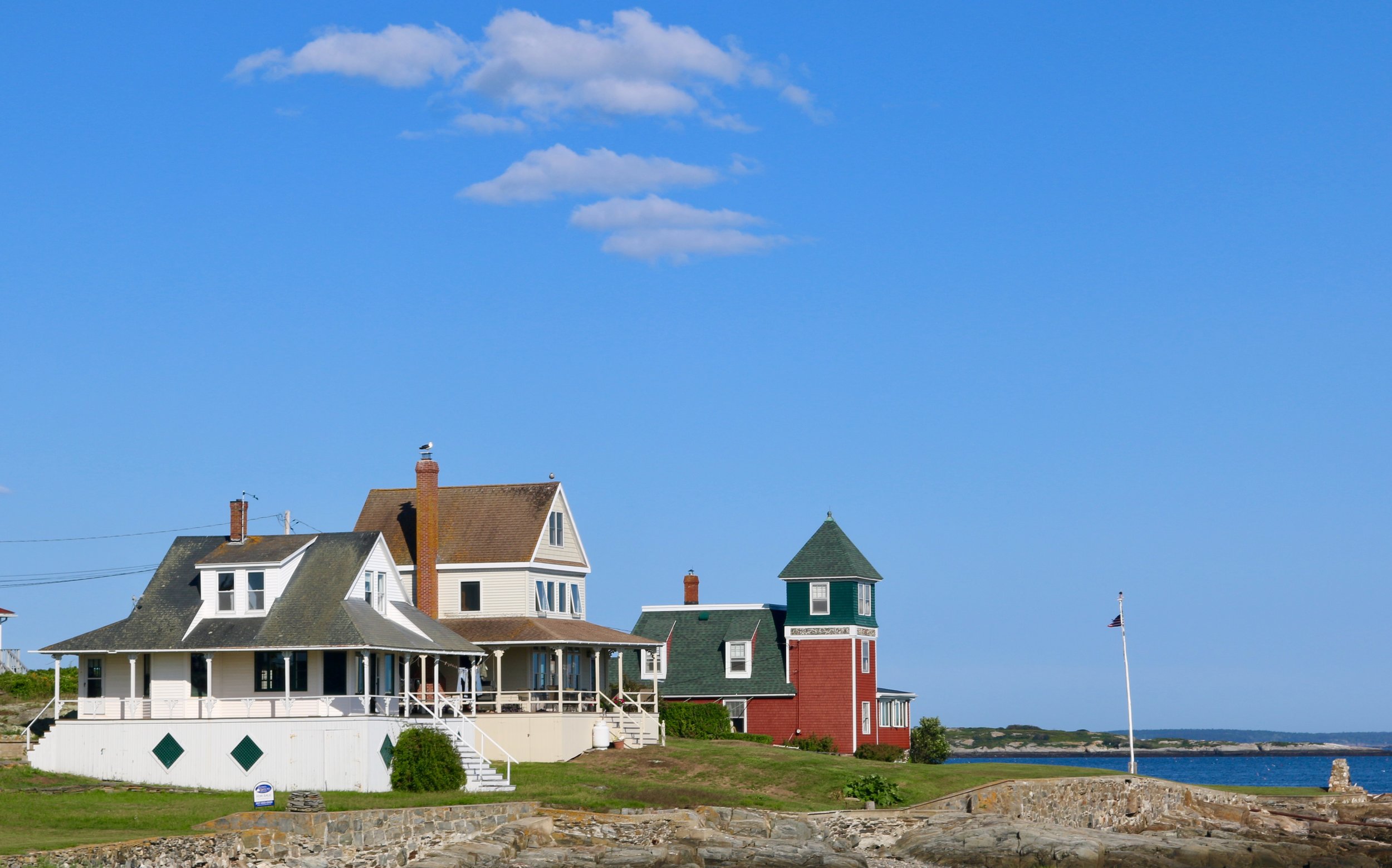
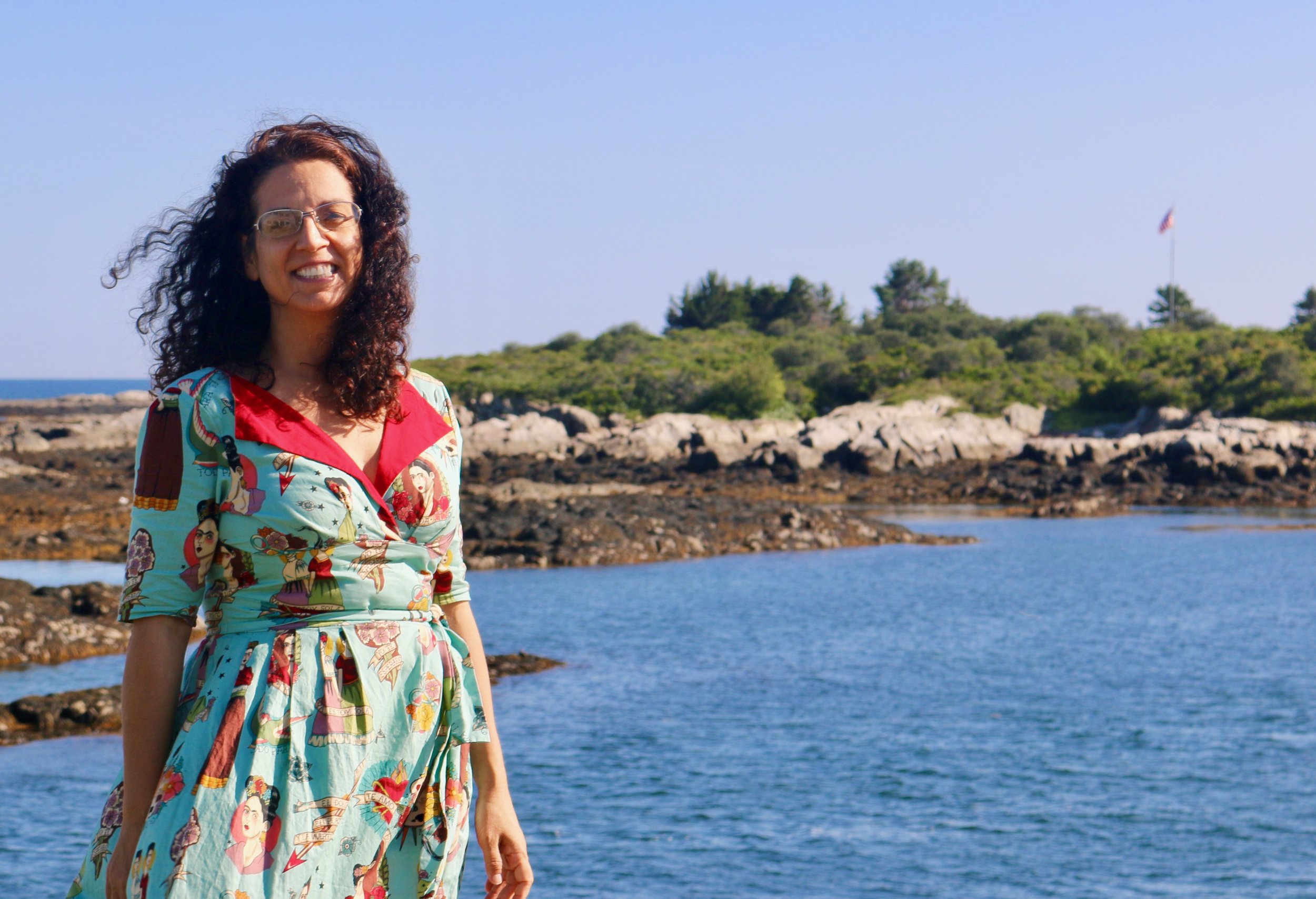
Summer reading: The Sum of Small Things
Read a review of this book and decided to check it out for myself. Overall, it is a fascinating read about the rise of inconspicuous consumption among the so-called aspirational class. There is a lot of interesting information in the book, and it reflects on the social consequences of growing inequality in the United States and how it is becoming more and more difficult to reverse its long term effects. Forget about the Rolex and the Benz, health, wellness, education, and security in old age are the new status markers.
Schloss Neubeuern
This is the castle where the Sommerakademie is hosted as seen from the cornfields below.
In the foothills of the Alps
So I've made it through my first week of volunteer teaching at the Sommerakademie Neubeuern, and there's been less free time than I imagined. A lot of prep work goes into teaching for three hours a day (30 hours in 2 weeks!), but the scenery here makes the whole endeavor so much easier. And I can occasionally get to the top of a mountain for a glass of wine.
A lovely blurb from Yanis Varoufakis
I am thrilled that Yanis Varoufakis agreed to read and blurb my forthcoming book. I am a huge fan of his work and his activism in Diem25; it is a real honor to have him endorse Why Women Have Better Sex Under Socialism: And Other Arguments for Economic Independence.
“Reliant on the commodification of everything, capitalism’s triumph is a calamity for most women. Their hard slog as mothers and carers can never be remunerated within market societies which, by design, are compelled to commodify their sexuality, robbing them in the process of their autonomy, even of the opportunity to enjoy sex for-themselves. Without romanticizing formerly communist regimes, Ghodsee’s new book retrieves brilliantly the plight of hundreds of millions of women in those countries as they were being stripped of state support and thrust into brutal, unfettered markets. Employing personal anecdotes, forays into the history of the women’s movement and an incisive mind, Ghodsee is enabling us to overcome the unnecessary tension between identity and class politics on the road towards the inclusive, progressive movement for societal change we so desperately need.”
Arrived in Neubeuern
I have arrived in Neubeuern in the foothills of the Alps near the Austrian-German border. I have volunteered to teach a two-week seminar for the Studienstiftung on the cultures and societies of Eastern Europe. This is the castle where the class will be held starting Monday morning.




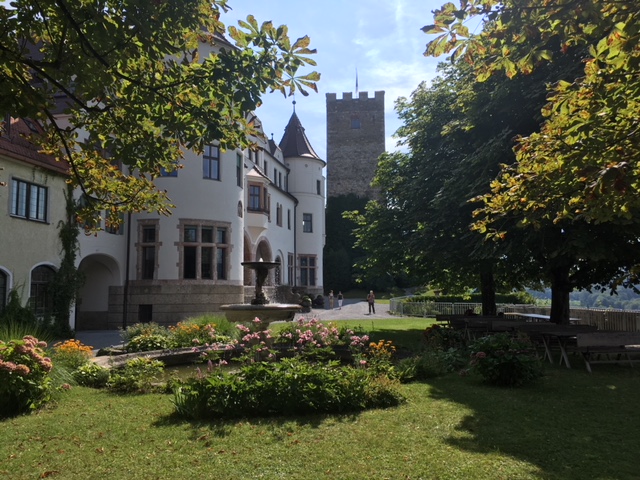
In Trier
I'm in Trier where the whole city is trying to cash in on the 200th birthday of Karl Marx (born here in 1818). Near the Karl Marx Haus the town has changed the Ampelmänchen to be little Marxes and there are scattered images of him everywhere. The tourist shops are filled with Marx-themed souvenirs, and even the local retailers are using his face to lure would-be shoppers into their stores. I'm not so sure Marx would have appreciated this.
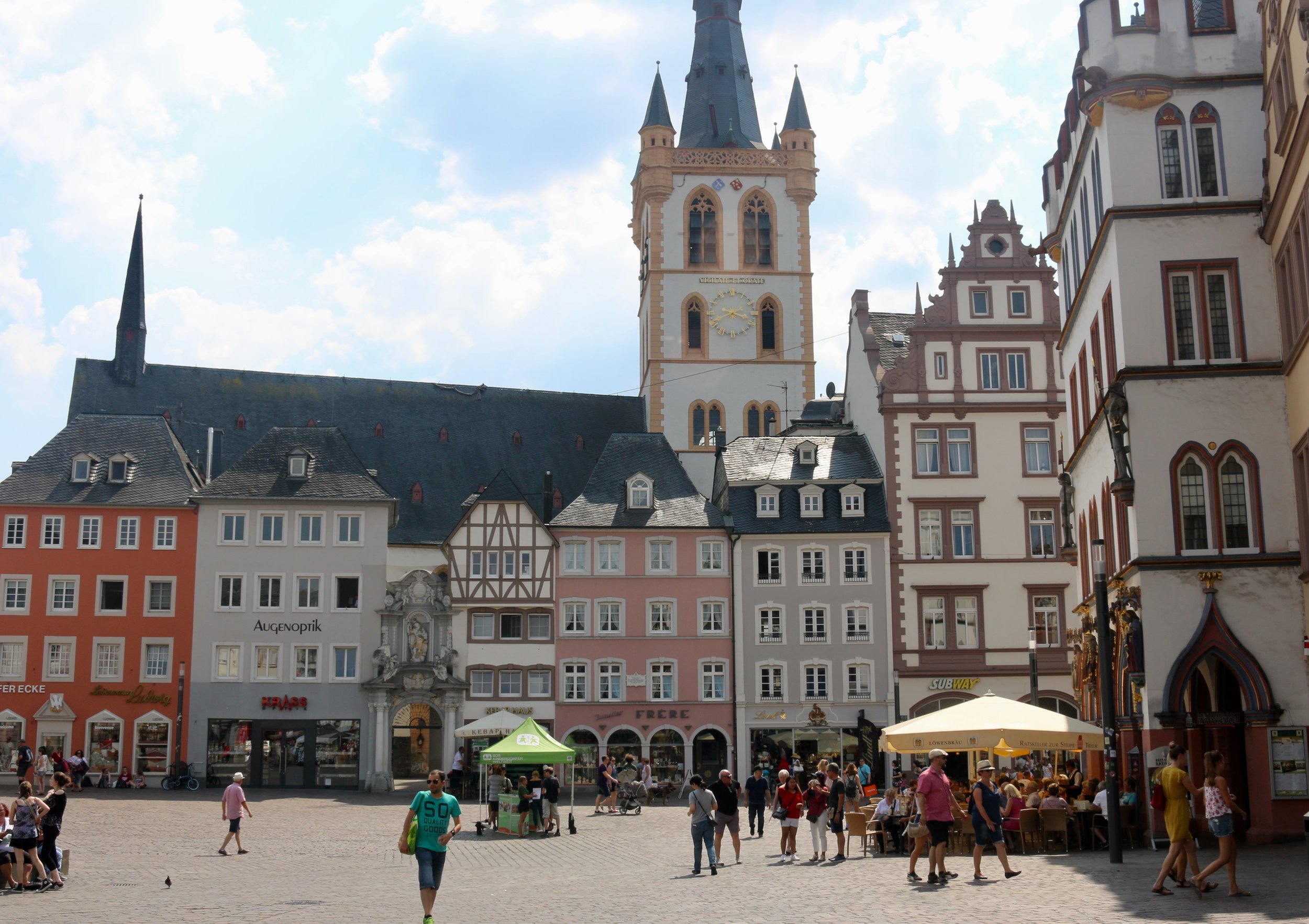

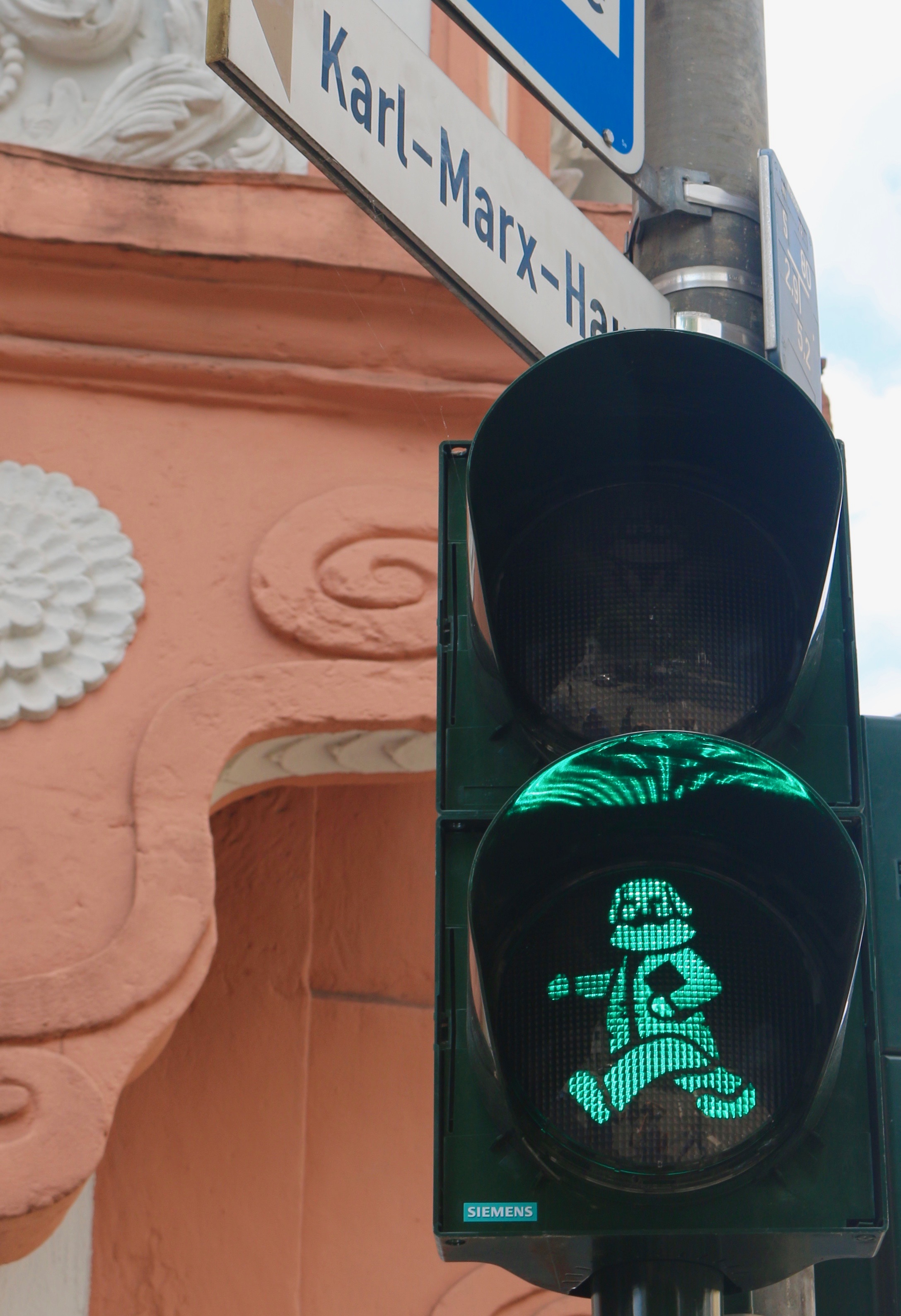
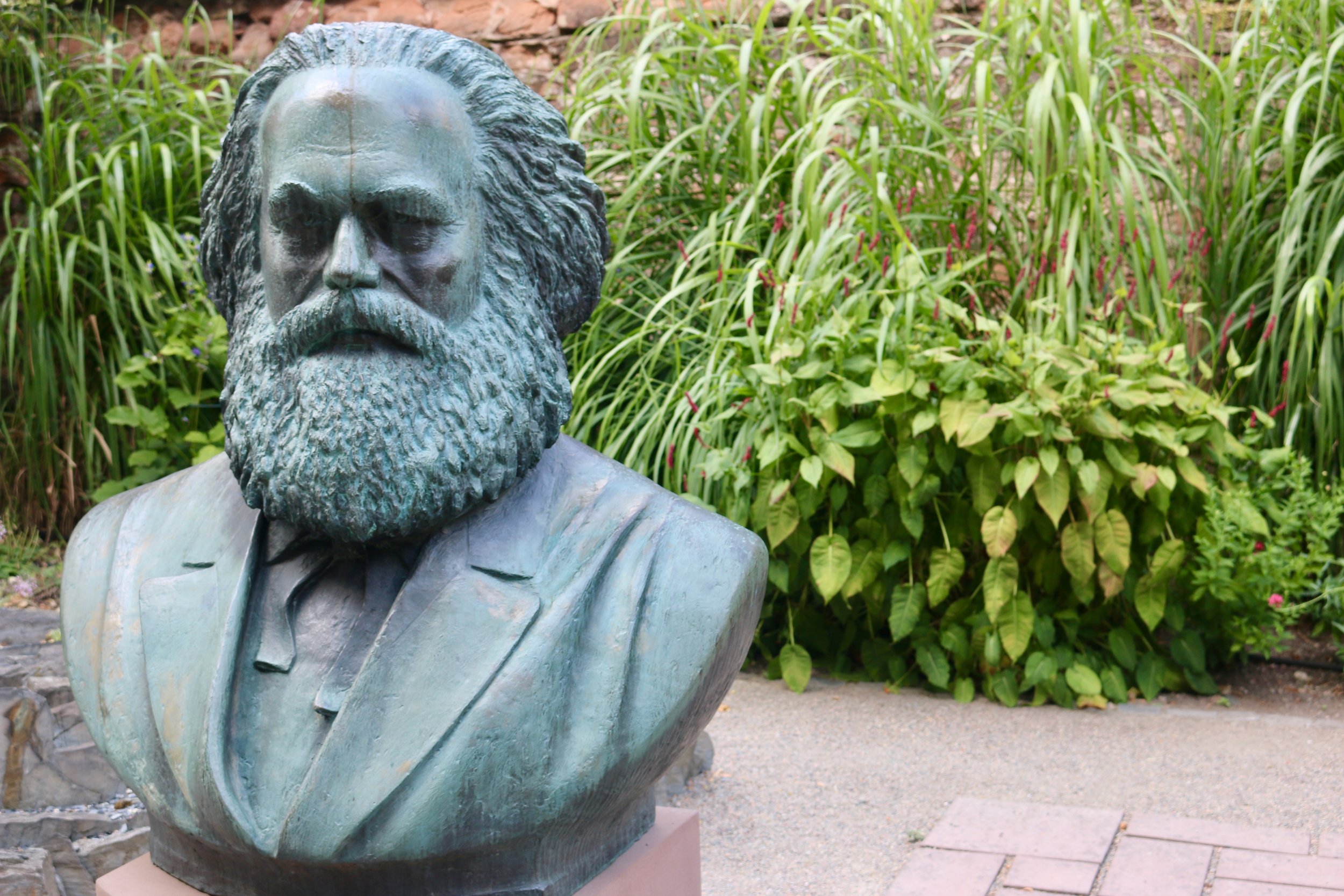
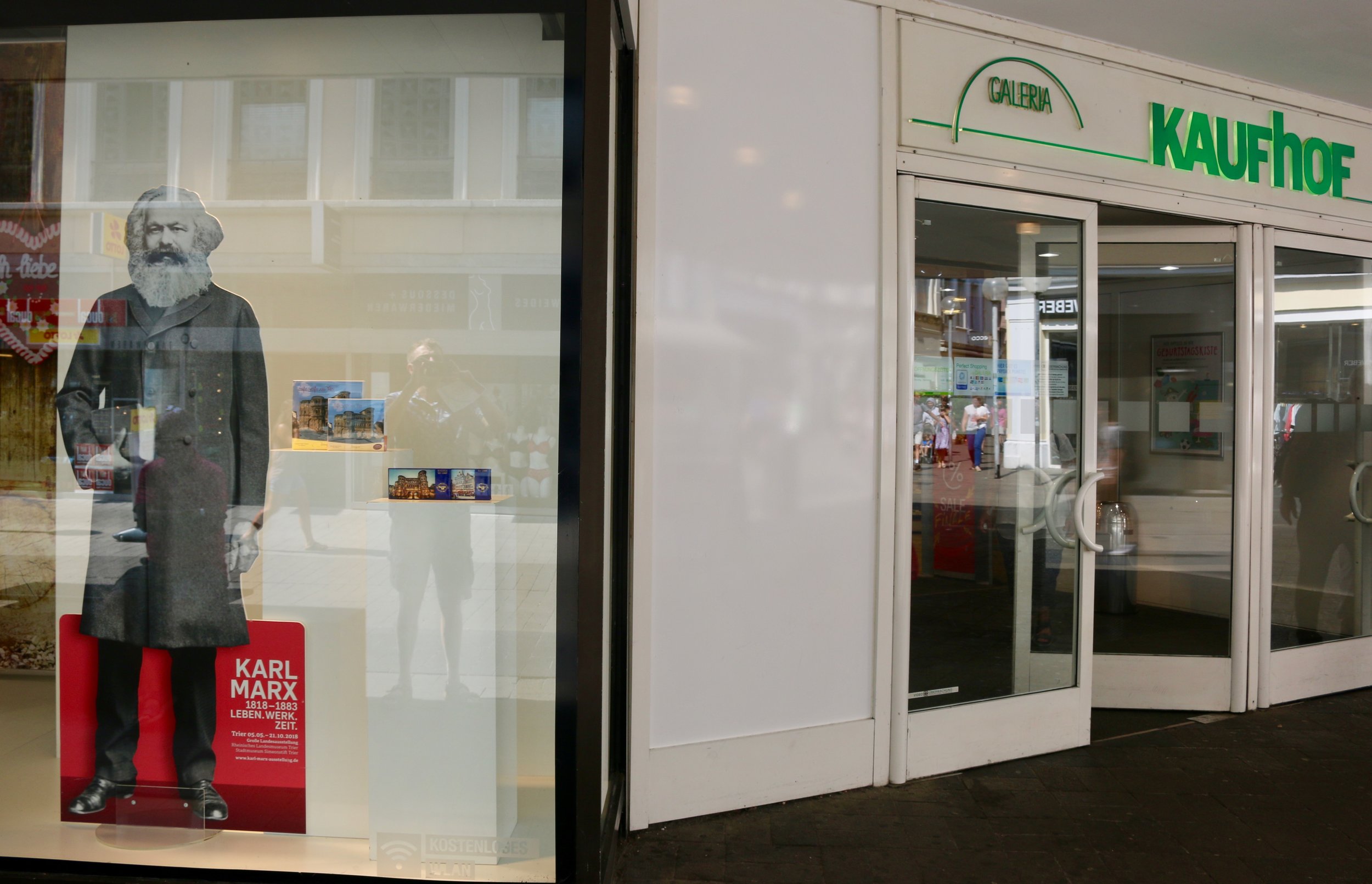

Back in Germany
I landed in Germany just in time to catch the last day of the annual summer Kollnauer Fescht. I lived in this little village in the German Black Forest for a year between 2014 and 2015, and I haven't been back in over two and a half years. It's nice to see that nothing much has changed. I drank a glass of the local wine, Müller Thurgau, and enjoyed the general frivolity of the street festival. What is so wonderful about these German local events is the intergenerational aspect of the sociality, and the simple merriment of sitting outside and drinking cold beer.
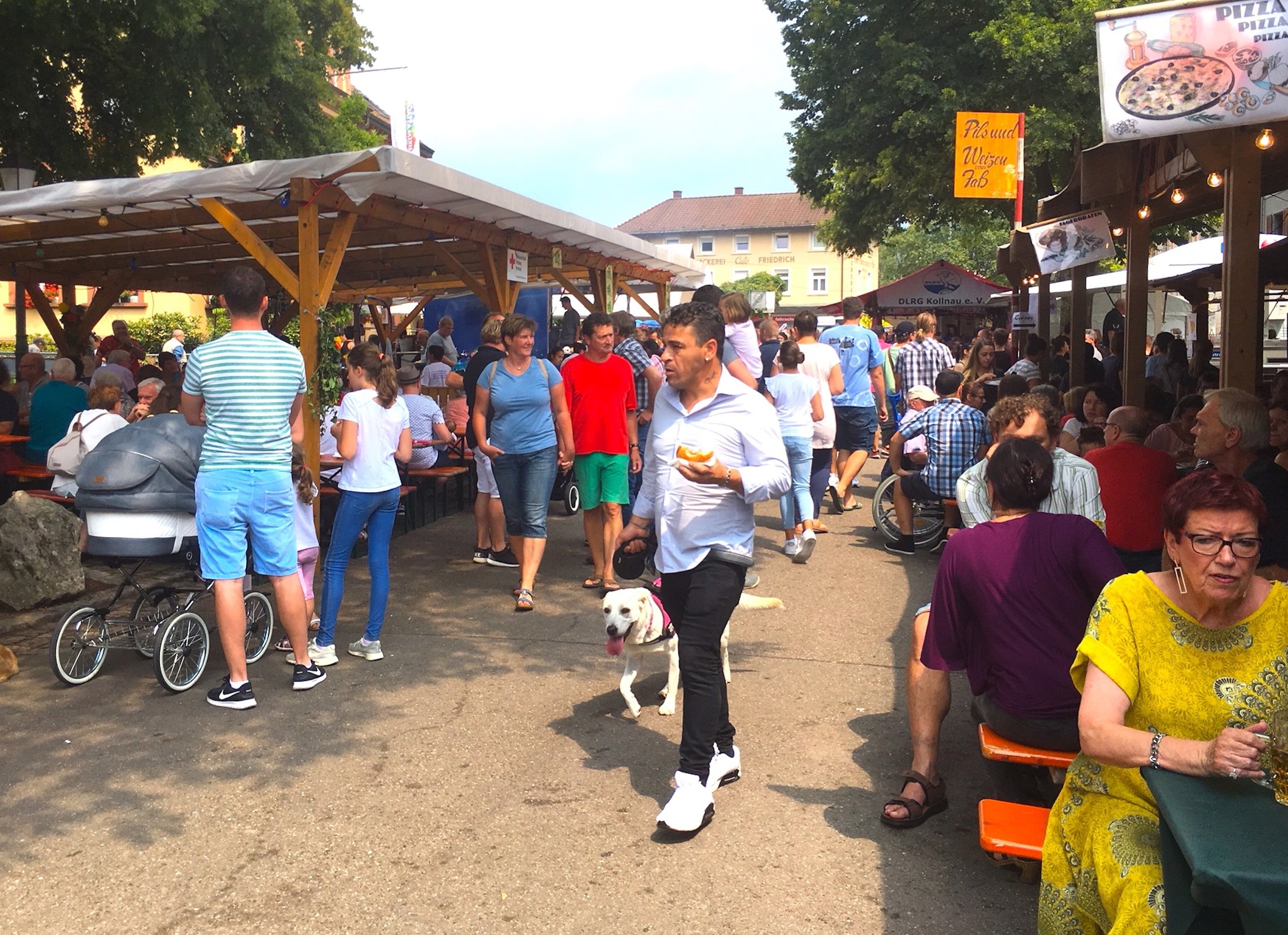

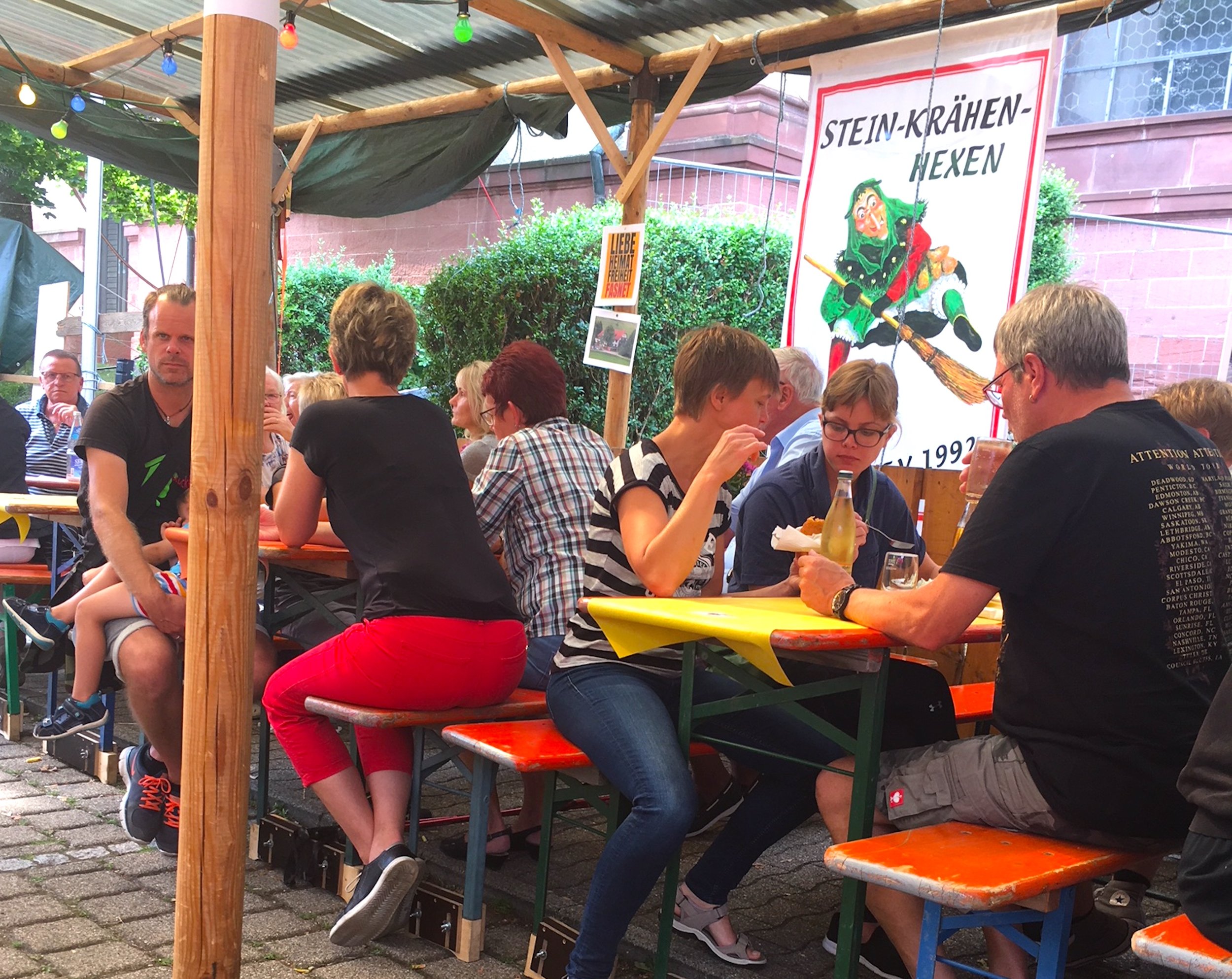
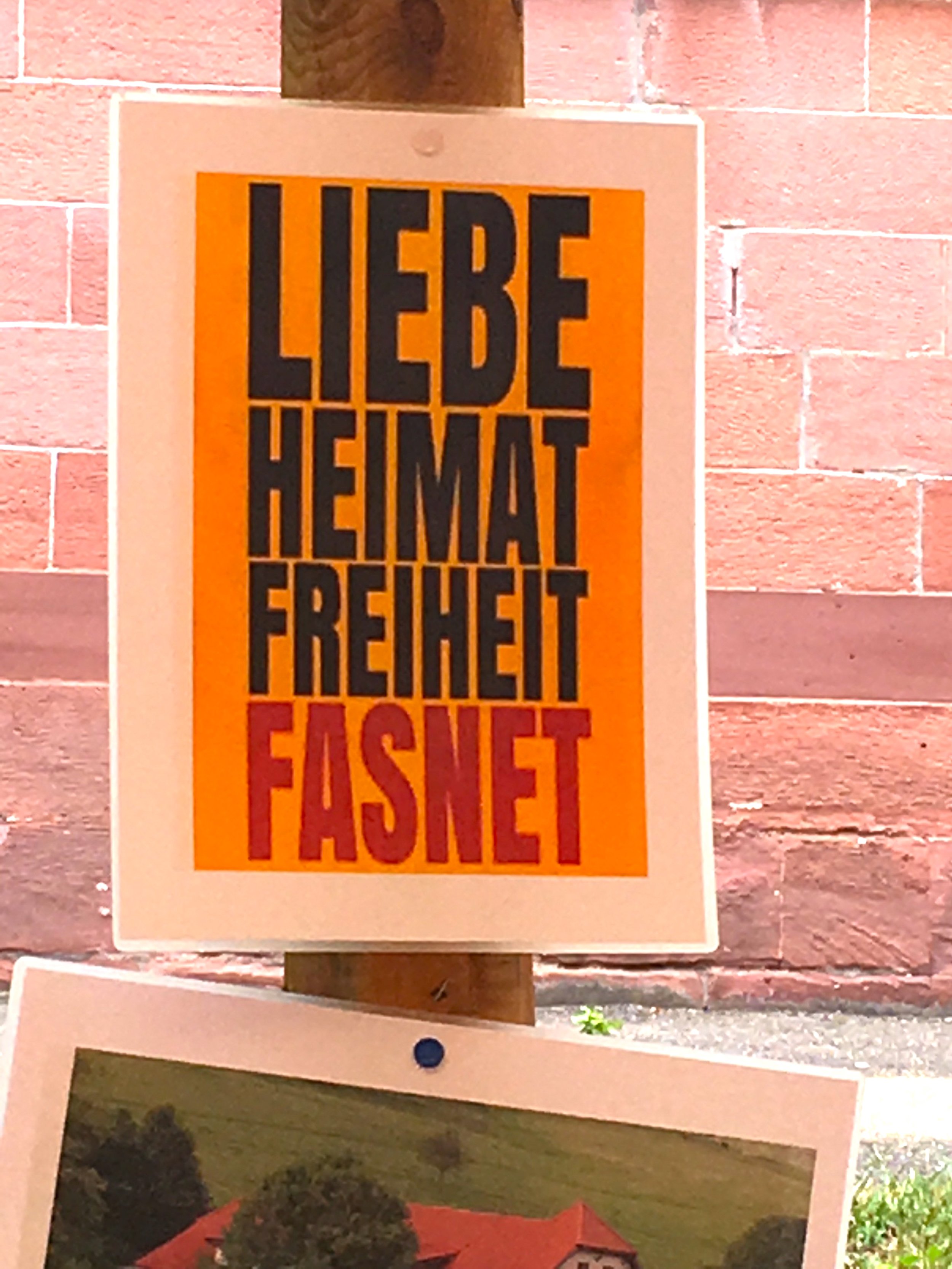

Summer Reading: Natural Causes
A friend recommended this book, and I devoured it in one sitting. I have always loved Ehrenreich's writing and for many years I taught her book, Nickel and Dimed. Because I also learned so much from Bait and Switch and Brightsided, I was eager to read her take on the hyper-medicalization of aging in the United States. She did not disappoint. It is so refreshing to read about someone who is growing old with grace and who is not afraid of the inevitable. Highly recommended for anyone over 40.
New Book Cover
Just received the design for my next academic book, Second World, Second Sex: Socialist Women's Activism and Global Solidarity during the Cold War, coming out with Duke University Press in February 2019. I specifically asked that it not be red, and I love what they did with the cover.
With Wang Zheng and Lisa Armstrong at Smith College
A lovely two days of discussing the various experiences of state socialist feminism in China, South Asia, and Eastern Europe. I love scholarly collaboration!
Cover of the Bulgarian version of The Man and Women Intimately
This is one of the Bulgarian covers of a sexual education book that was translated from the German and first published in Bulgaria in 1979.
















